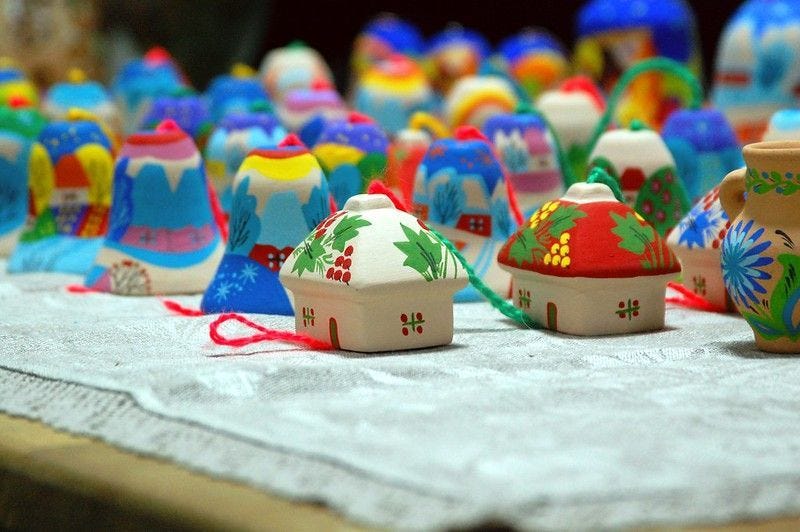Ukraine Catholic Church moves from Russian-affiliated Julian calendar
The Ukrainian Catholic Church will celebrate Christmas Dec. 25, as it moves away from the Julian calendar.

The head of the Ukrainian Greek Catholic Church announced Feb. 6 that that the world’s largest Eastern Catholic Church will change liturgical calendars this fall, changing the date of several liturgical feasts, as Ukrainian Christian distance themselves from the influence of the Russian Orthodox Church.
The move means that Ukrainian Catholics will begin …
